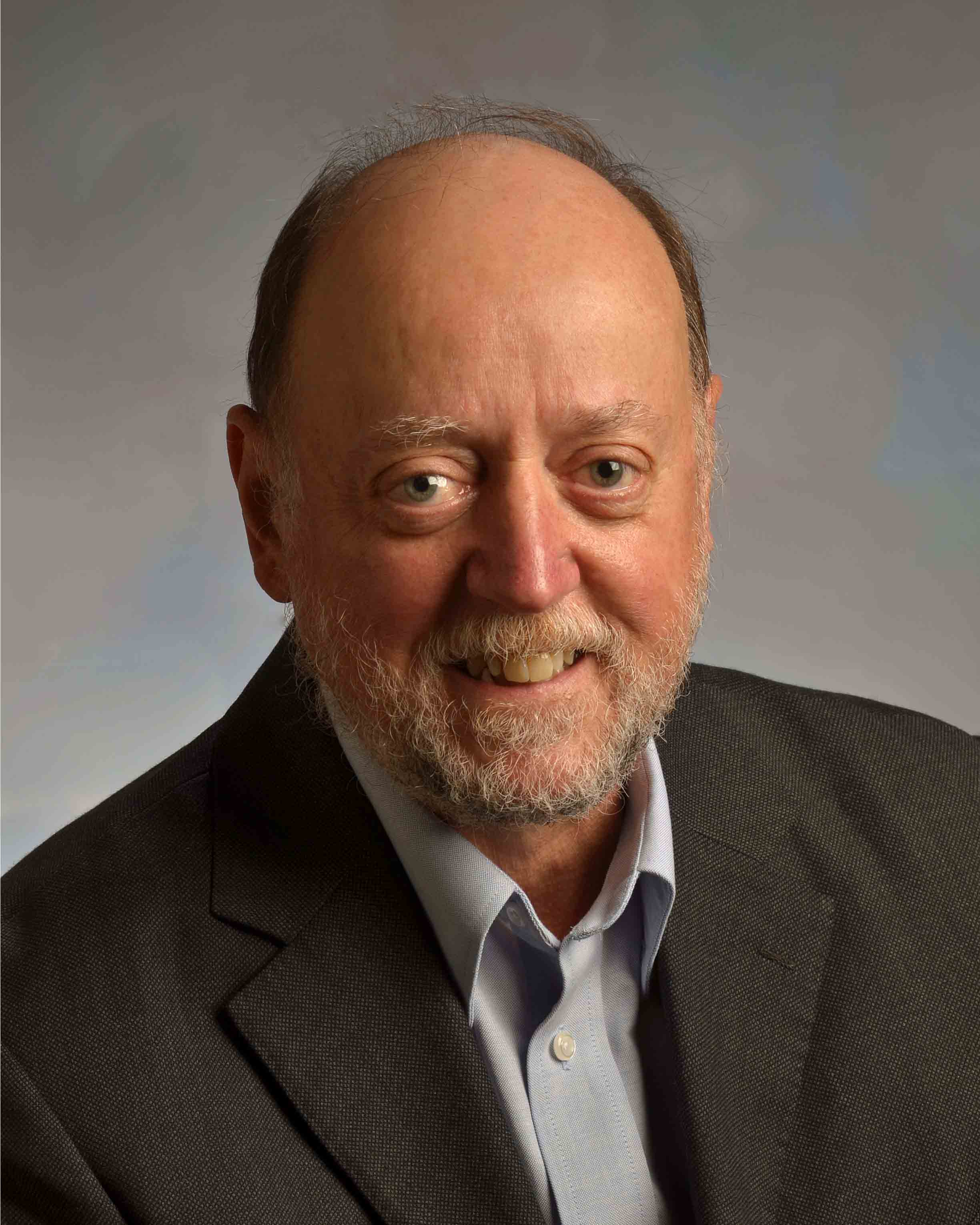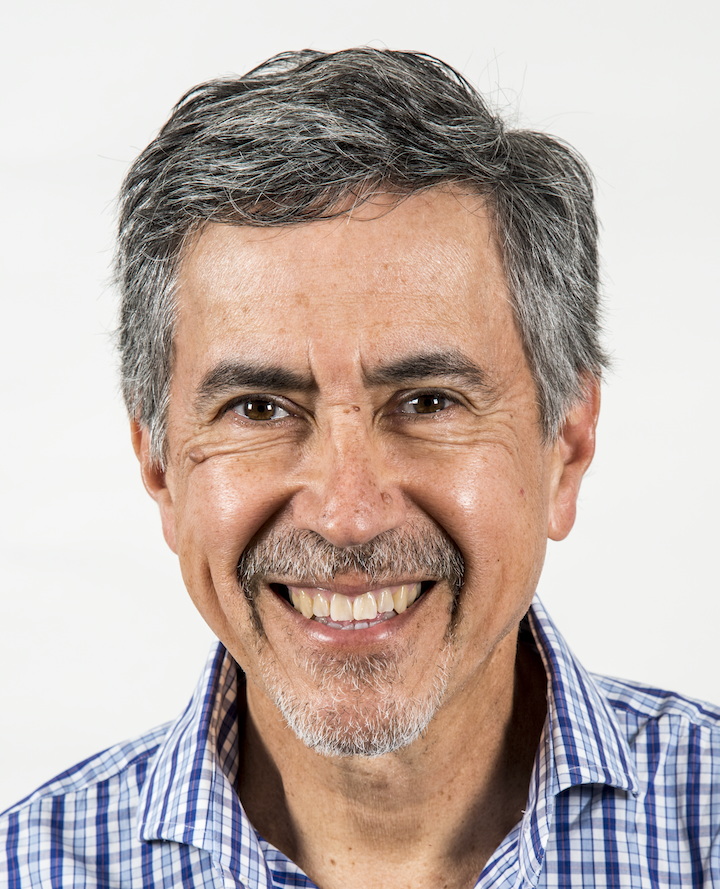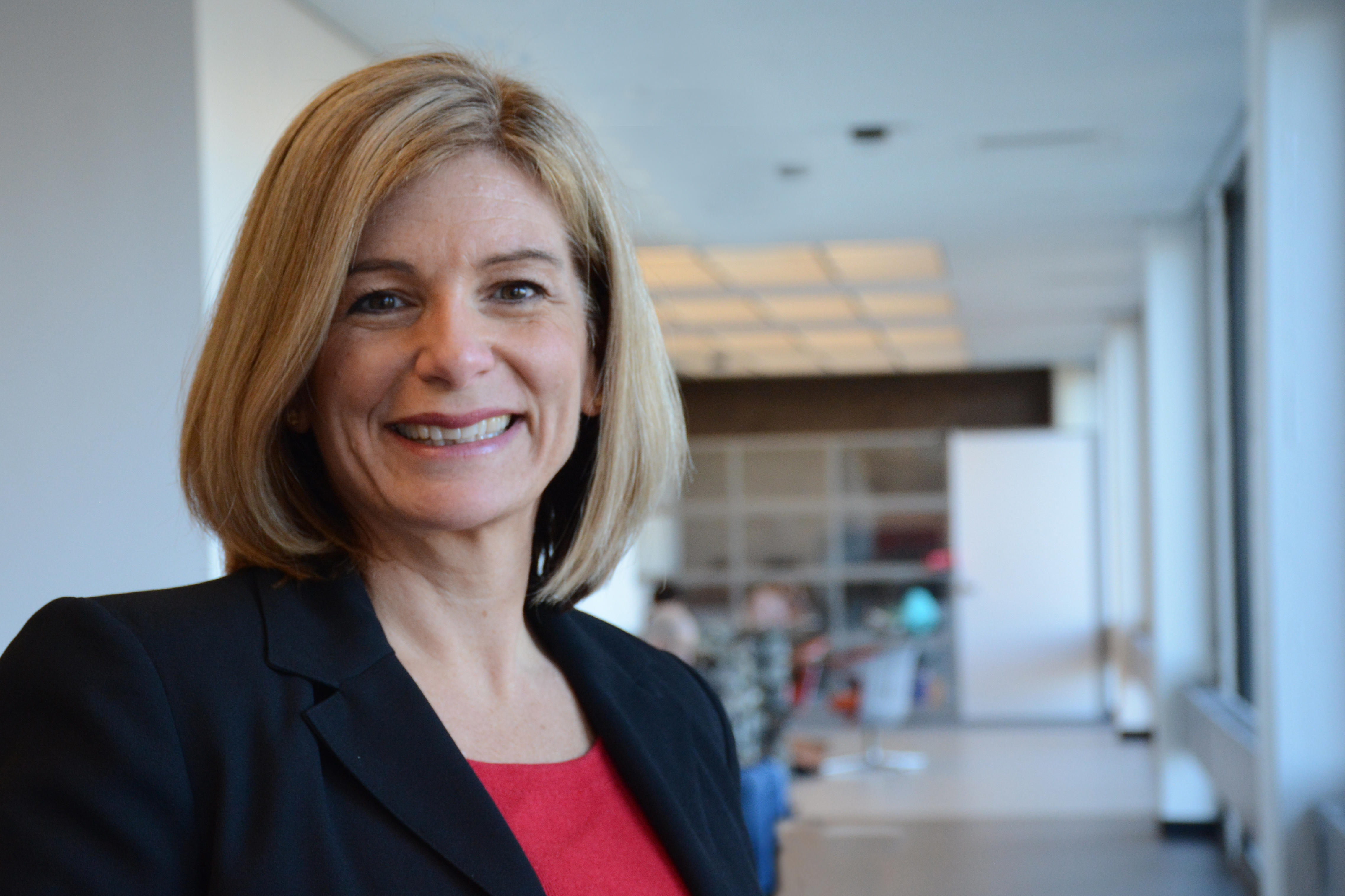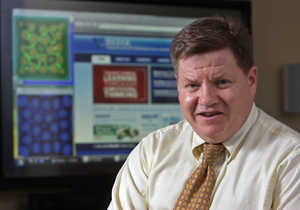Invited Speakers
Jack Dongarra, University Distinguished Professor, University of Tennessee; Director, Innovative Computing Laboratory

Jack Dongarra received a Bachelor of Science in Mathematics from Chicago State University in 1972 and a Master of Science in Computer Science from the Illinois Institute of Technology in 1973. He received his Ph.D. in Applied Mathematics from the University of New Mexico in 1980. He worked at the Argonne National Laboratory until 1989, becoming a senior scientist. He now holds an appointment as University Distinguished Professor of Computer Science in the Electrical Engineering and Computer Science Department at the University of Tennessee and holds the title of Distinguished Research Staff in the Computer Science and Mathematics Division at Oak Ridge National Laboratory (ORNL); Turing Fellow at Manchester University; an Adjunct Professor in the Computer Science Department at Rice University; and a Faculty Fellow of the Texas A&M University's Institute for Advanced Study. He is the director of the Innovative Computing Laboratory at the University of Tennessee. He is also the director of the Center for Information Technology Research at the University of Tennessee which coordinates and facilitates IT research efforts at the University.
He specializes in numerical algorithms in linear algebra, parallel computing, the use of advanced-computer architectures, programming methodology, and tools for parallel computers. His research includes the development, testing and documentation of high quality mathematical software. He has contributed to the design and implementation of the following open source software packages and systems: EISPACK, LINPACK, the BLAS, LAPACK, ScaLAPACK, Netlib, PVM, MPI, NetSolve, Top500, ATLAS, and PAPI. He has published approximately 200 articles, papers, reports and technical memoranda and he is coauthor of several books. He was awarded the IEEE Sid Fernbach Award in 2004 for his contributions in the application of high performance computers using innovative approaches; in 2008 he was the recipient of the first IEEE Medal of Excellence in Scalable Computing; in 2010 he was the first recipient of the SIAM Special Interest Group on Supercomputing's award for Career Achievement; in 2011 he was the recipient of the IEEE Charles Babbage Award; and in 2013 he was the recipient of the ACM/IEEE Ken Kennedy Award for his leadership in designing and promoting standards for mathematical software used to solve numerical problems common to high performance computing. He is a Fellow of the AAAS, ACM, IEEE, and SIAM and a foreign member of the Russian Academy of Sciences and a member of the US National Academy of Engineering.
Richard Gerber, Senior Science Advisor, HPC Department Head - National Energy Research Scientific Computing Center

Richard Gerber is Senior Science Advisor and High Performance Department Head at the National Energy Research Scientific Computing Center (NERSC) at Lawrence Berkeley National Laboratory in Berkeley, CA. Richard has a Ph.D. and in Physics (computational astrophysics) from the University of Illinois at Urbana-Champaign and held a National Research Council Postdoctoral Fellowship at NASA Ames Research Center. He has been at NERSC since 1996 working to help scientists make best use of supercomputers and design scientifically productive HPC ecosystems. His interests include supercomputing in science, understanding application performance on HPC systems, and designing and configuring HPC environments to best meet scientists' needs. In his spare time he tries to keep up with developments in the structure and evolution of galaxies, high energy and nuclear physics, climate, and particle methods in computational physics.
Preparing the NERSC Community for Next-Generation HPC Architectures
NERSC's new Cori supercomputer, a Cray XC40 system based on Intel's Xeon Phi "Knights Landing (KNL)" processors, presents NERSC's broad community of users with both great opportunities and significant challenges. Two years ago NERSC created the NERSC Exascale Science Application Program (NESAP) to help its users prepare for the manycore KNL architecture, an effort that has already proven to have been highly effective. At the same time NERSC added an emphasis on developing and enabling data analysis capabilities. In this talk I will give an overview of Cori and NESAP, highlight some successes and lessons learned, and describe NERSC's strategy for moving the broad DOE Office of Science community onto next-generation architectures for both traditional HPC simulation and new data-centric analysis workflows.
Laura Lindenfeld, Director, Alan Alda Center for Communicating Science

Dr. Laura Lindenfeld is director of the Alda Center and professor in the School of Journalism at Stony Brook University. She holds a Ph.D. in cultural studies from the University of California, Davis. As a communication researcher, her work draws inspiration from the idea that we can make better, more informed decisions about how we shape our collective future. She is passionate about supporting scientists to communicate their work in more direct and engaging ways. Her work focuses on how we can advance meaningful, productive interactions with communities, stakeholders and decision-makers by strengthening linkages between knowledge and action.
In her previous role, Laura directed the Margaret Chase Smith Policy Center, a nonpartisan, independent research unit of the University of Maine, which aimed to inform public policy and societal decision-making. Much of Laura’s research focuses on environmental communication, especially in the area of sustainability. In addition to understanding more about stakeholder engagement, her work seeks to understand how we can build strong interdisciplinary teams and communicate our science more effectively and persuasively.
With a keen interest in food culture, she has dedicated significant effort to investigating the relationship of food and media and to understanding how we can advance more sustainable food systems in the U.S. Laura’s work has appeared in a range of journals such as Ecology & Society, Environmental Communication, Sustainability Science, Communication and Critical/Cultural Studies, and Food & Foodways. She and her co-author, Fabio Parasecoli, associate professor and director of Food Studies Initiatives at the New School, look forward to the release of their book with Columbia University Press, “Feasting Our Eyes. Food Films, and Cultural Identity in the United States.”
Bob Panoff, Excecutive Director, Shodor Education Foundation

Dr. Robert M. Panoff is founder and Executive Director of the Shodor Education Foundation, a non-profit education and research corporation in Durham, NC, dedicated to reform and improvement of mathematics and science education through computational and communication technologies. He serves as Undergraduate Education Director for both XSEDE (eXtreme Science and Engineering Discovery Environment) and the Blue Waters Petascale Computing effort, both in partnership with the NCSA at the University of Illinois at Urbana-Champaign and funded by the National Science Foundation (NSF). He is currently Visiting Professor at Wofford College. His work explores the interactions between technology and education to develop courses and interactive simulation modules that combine standards, curriculum, supercomputing resources and desktop computers.
In recognition of Dr. Panoff's efforts in college faculty enhancement and curriculum development, Shodor was named as a NSF Foundation Partner for the revitalization of undergraduate education. In 1998, Shodor established the Shodor Computational Science Institute, which was expanded with NSF funding in 2001 to become the National Computational Science Institute (NCSI). Shodor’s Computational Science Education Reference Desk (CSERD) serves nearly 4 million webviews per month as a Pathway portal of the National Science Digital Library. Dr. Panoff consults at several national laboratories and is a frequent presenter at NSF workshops on visualization, supercomputing, and networking.
Dr. Panoff received his M.A. and Ph.D. in theoretical physics from Washington University in St. Louis, with both pre- and postdoctoral work at the Courant Institute of Mathematical Sciences at New York University. In 2005 Wofford College awarded Dr. Panoff an honorary Doctor of Science degree in recognition of his leadership in computational science education. In 2014 he was the recipient of the SIGCSE Outstanding Contribution to Computer Science Education Award.
Bob Sorensen, Vice President of Research and Technology, Hyperion Research

Bob Sorensen is the Vice President of Research and Technology at Hyperion Research, LLC, where he conducts research and consulting efforts in the US, European, and Asian-Pacific markets for technical servers, supercomputers, clouds, and high performance data analysis. Prior to joining Hyperion, Bob worked in the U.S. Government for over 30 years as a Senior S&T analyst covering worldwide HPC and related advanced computing developments to support senior-level U.S. policy makers, including those in the White House, DoD, and DoE. Bob holds a bachelor’s degree in electrical engineering from the University of Rochester and a master’s degree in computer science from the George Washington University. He also is probably one of the few people in the world who wrote code using Cray’s Pascal compiler in the 1980s.

